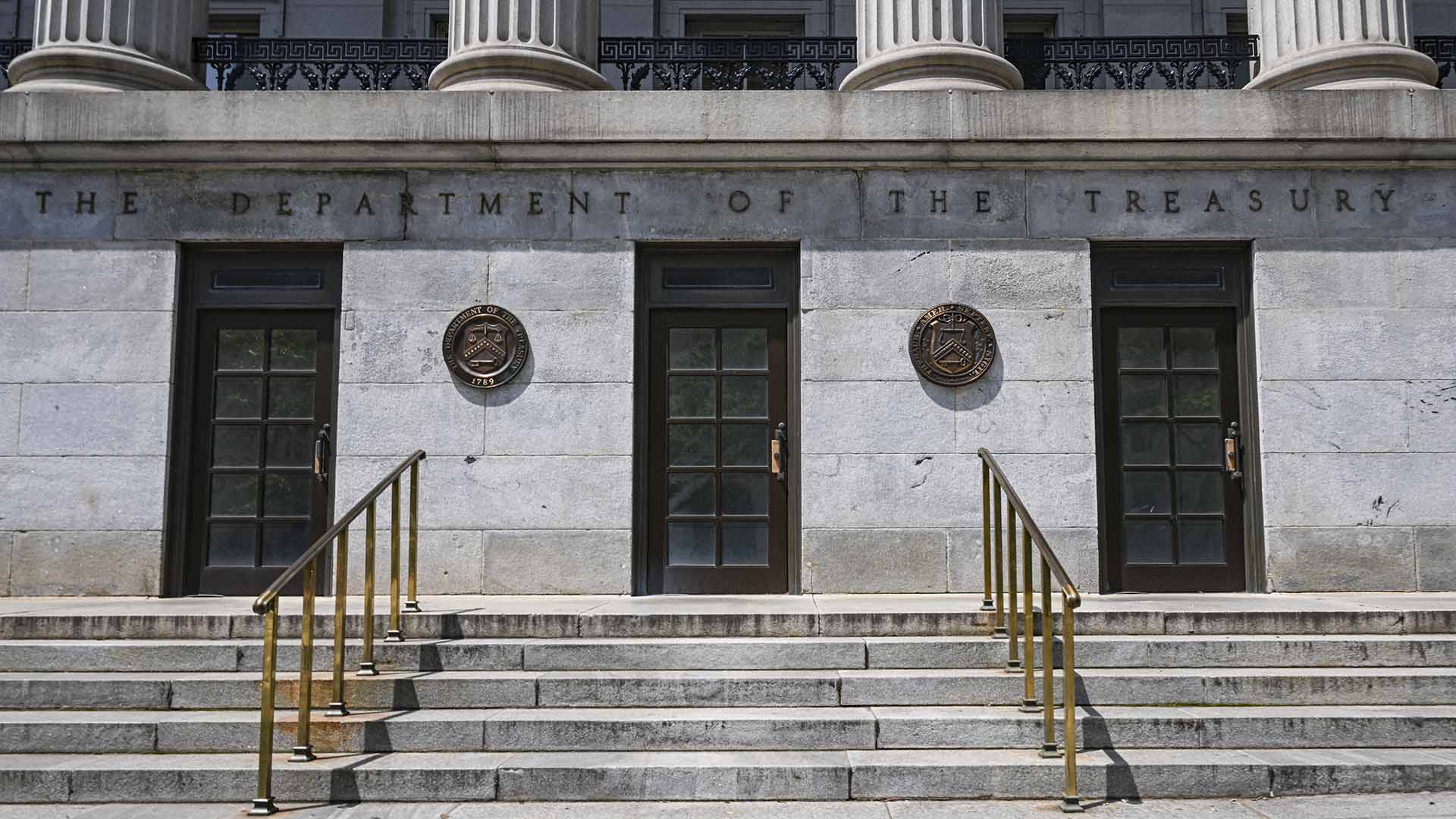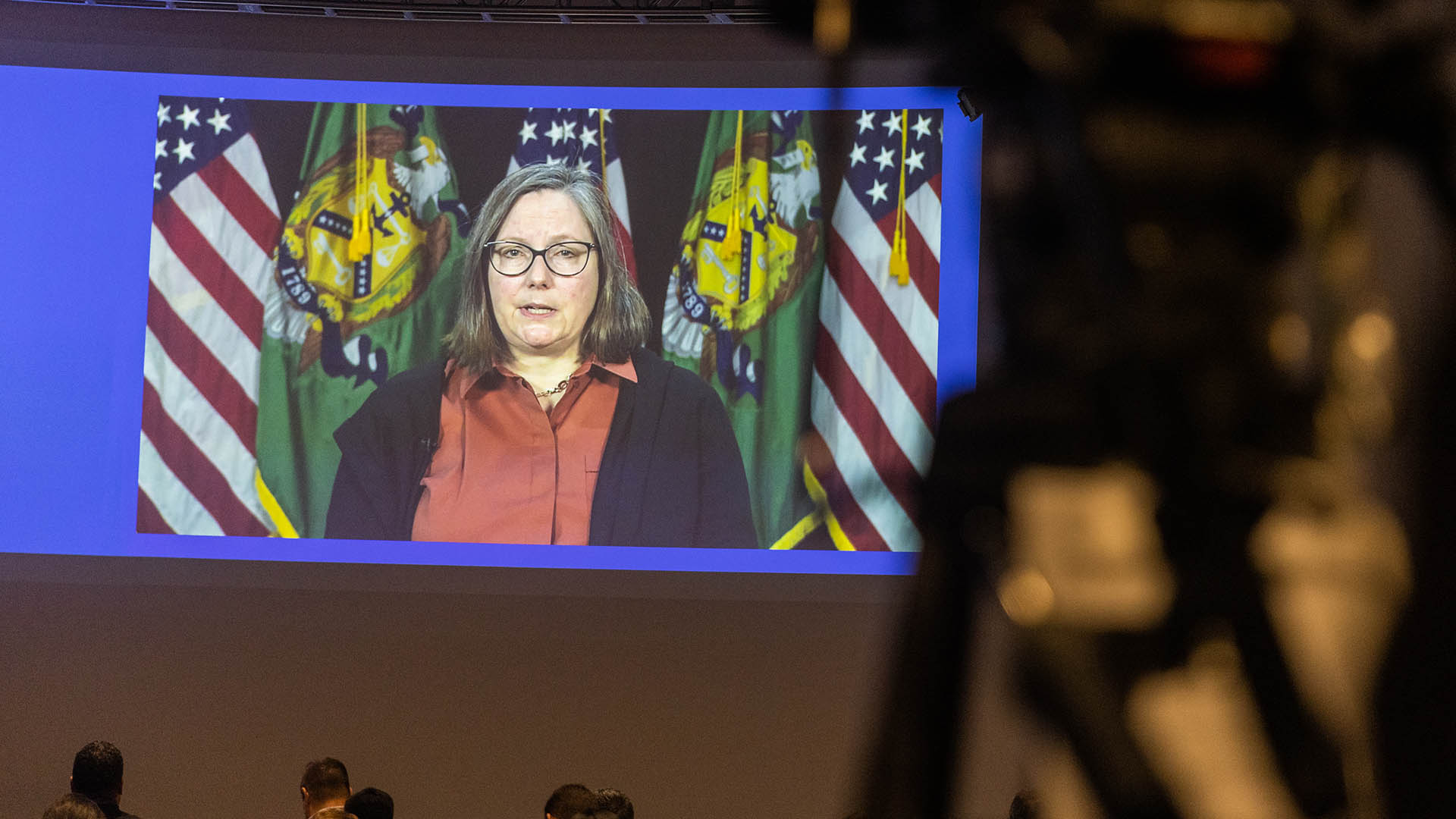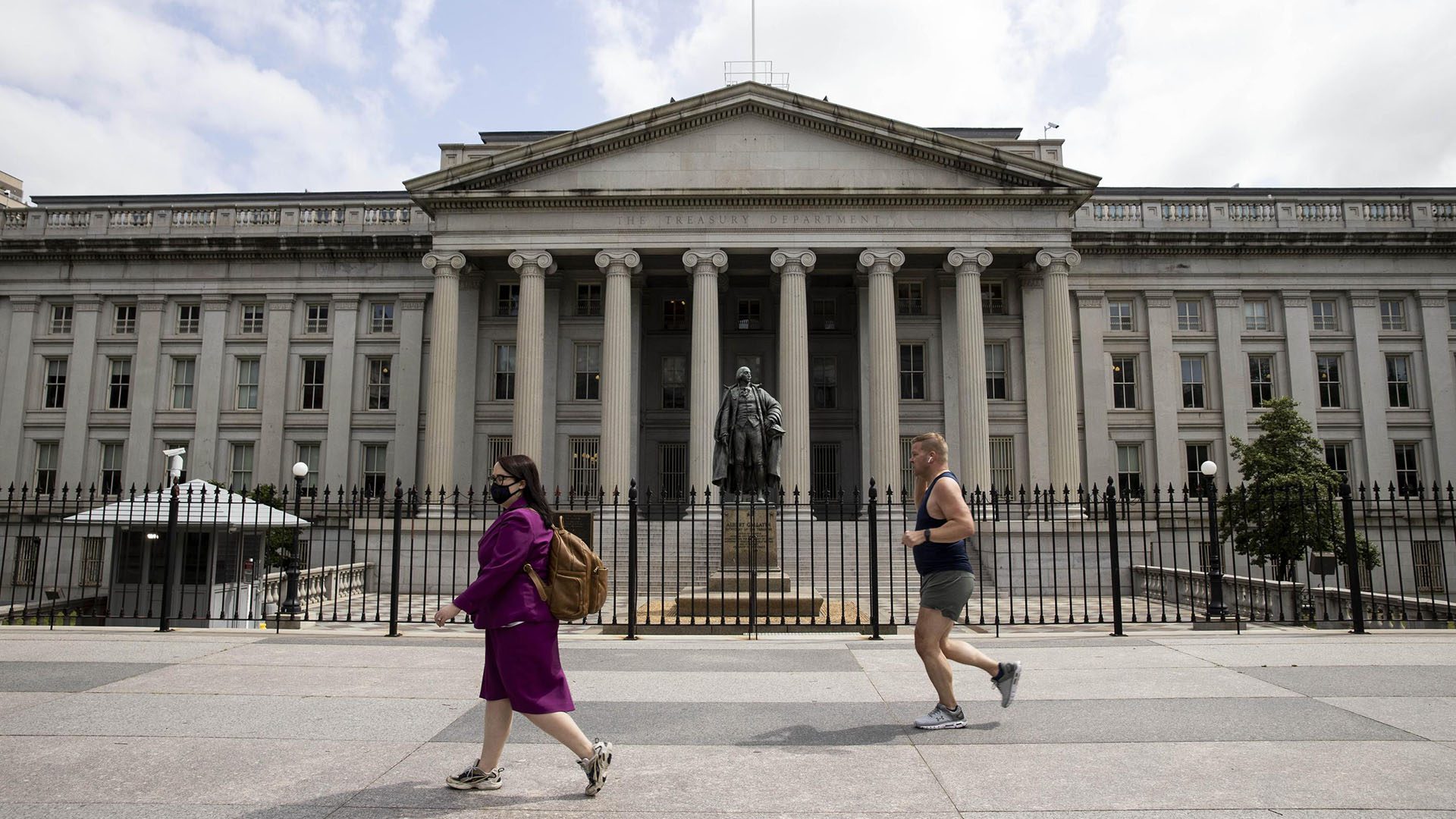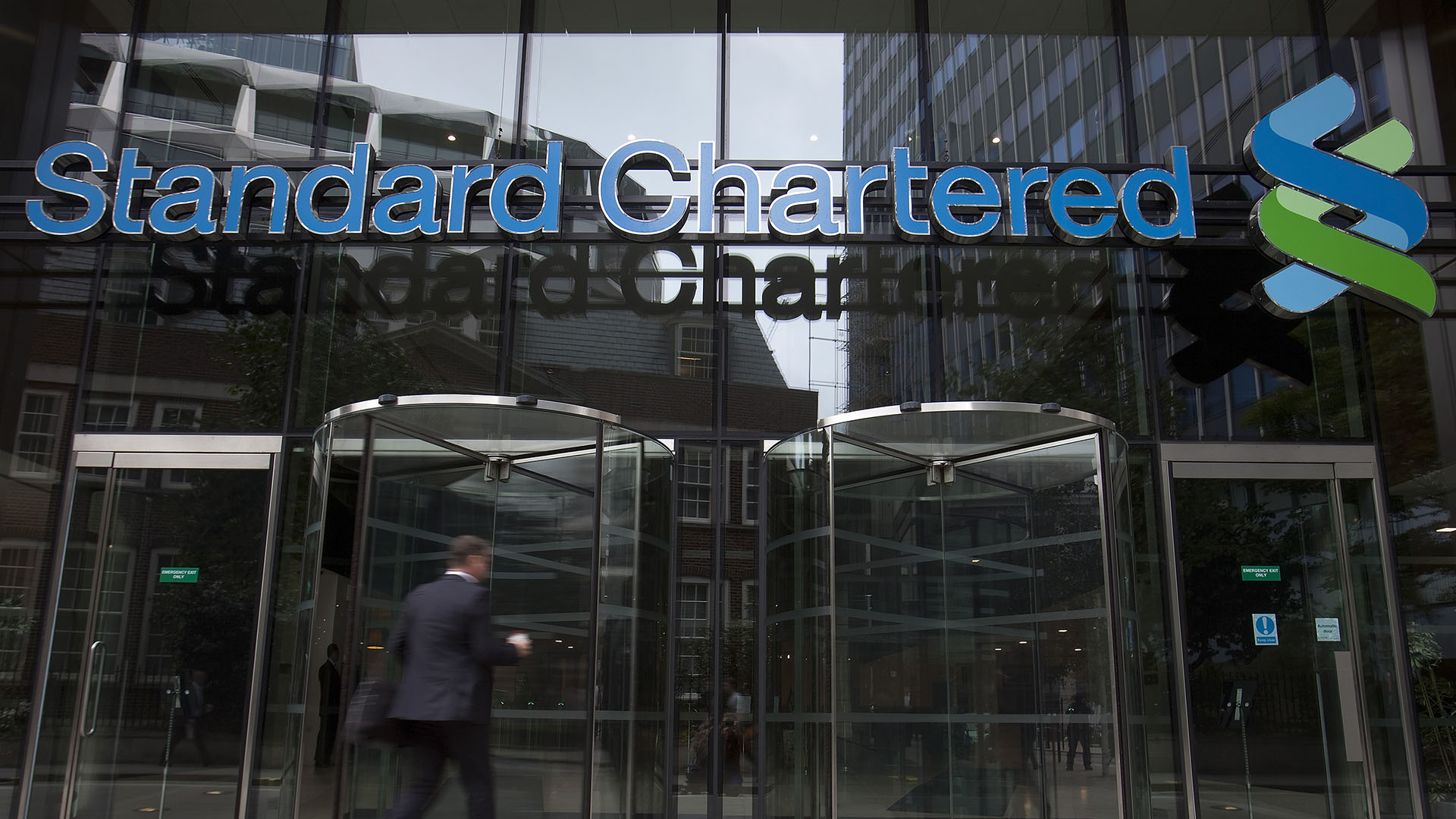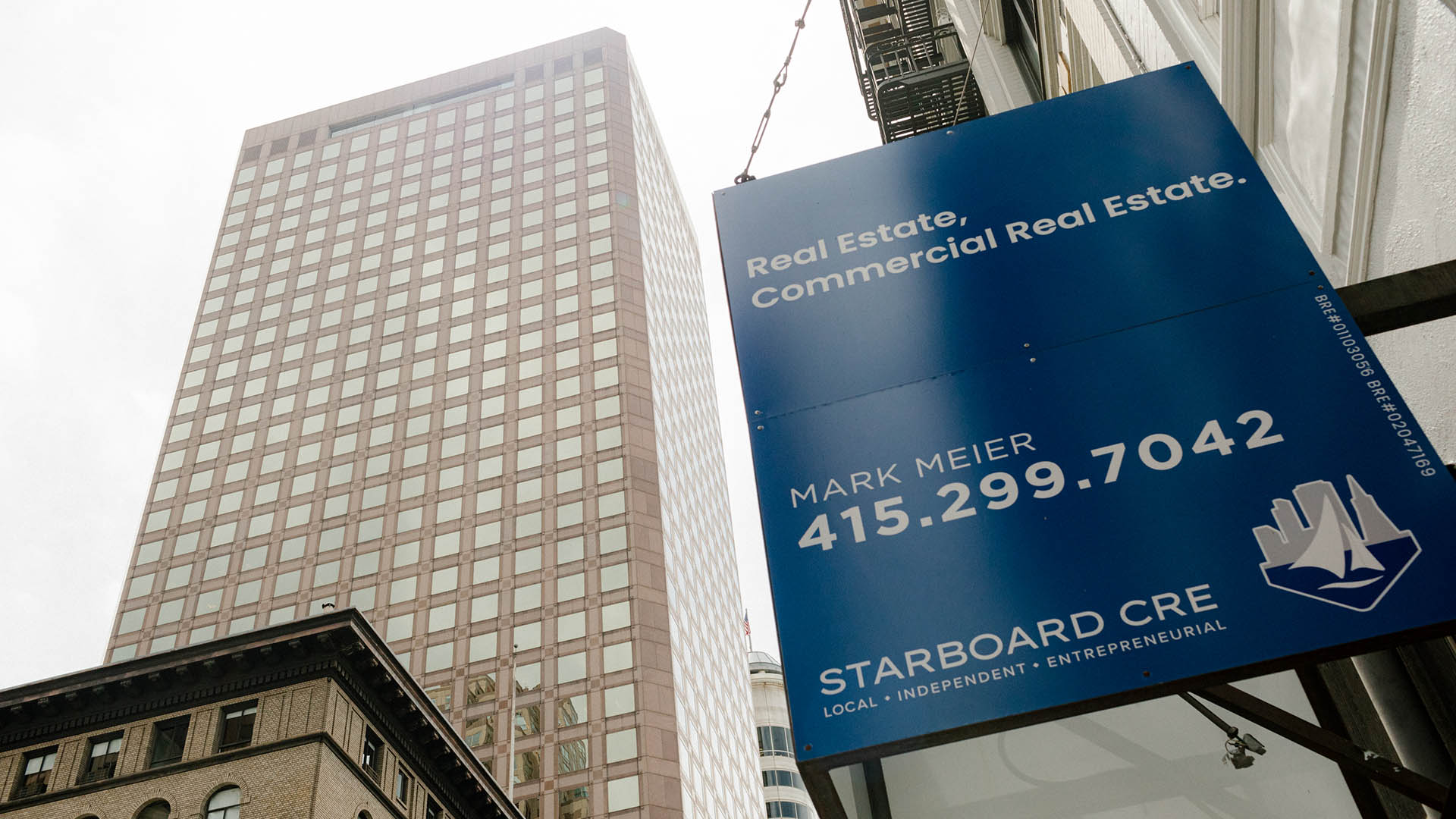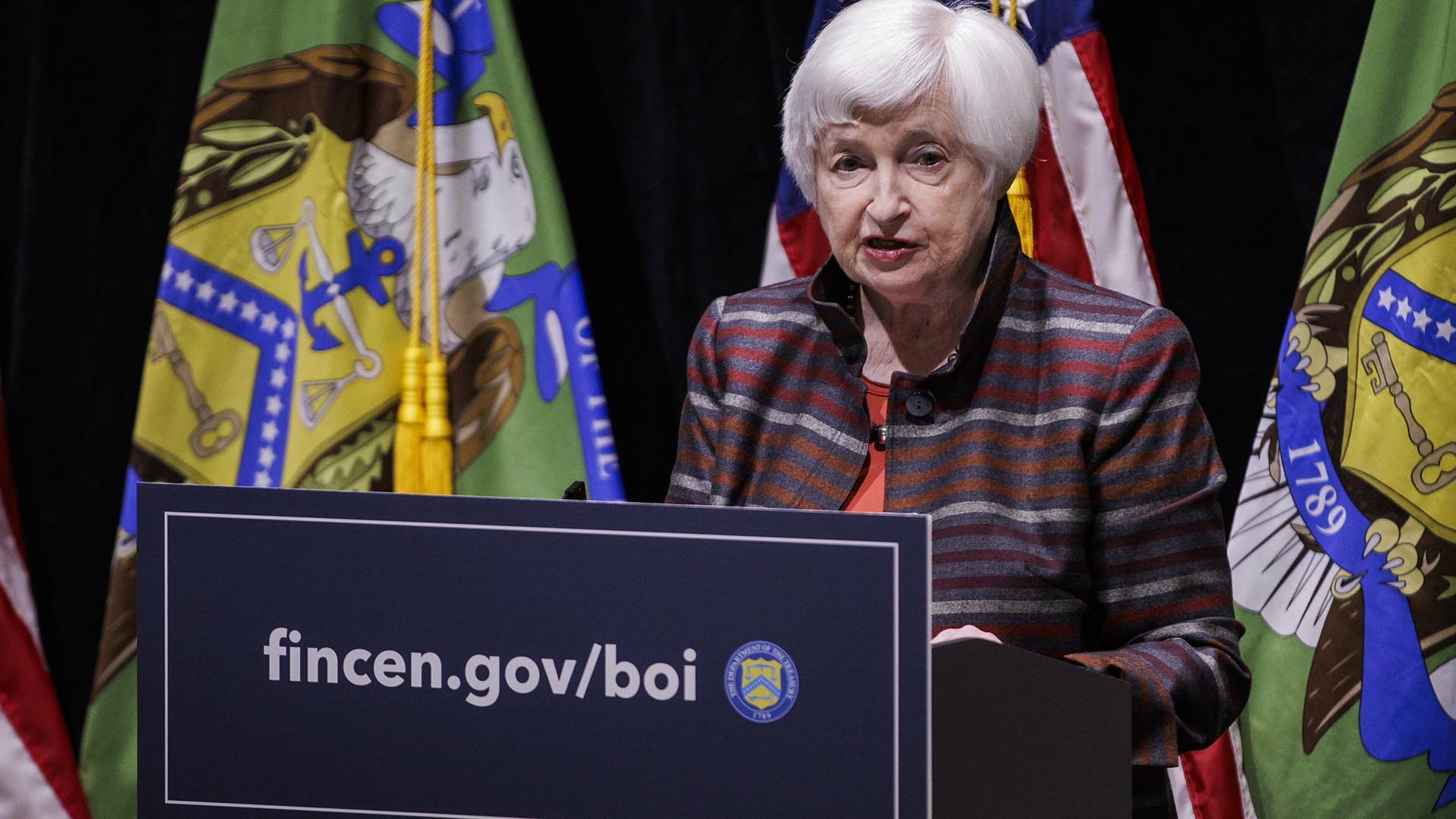The U.S. Treasury Department has heeded calls to strengthen the reporting rules for its long-awaited database of company owners, removing a loophole experts argued would drastically undermine already delayed federal transparency reforms.
The Financial Crimes Enforcement Network, or FinCEN, the agency tasked with implementing the landmark Corporate Transparency Act, faced a wave of criticism over a draft version of the form to gather the beneficial ownership information that will feed the database and is required under the act.
A revised version of the questionnaire no longer includes options for reporting entities to say they are “unable to obtain” the information or to opt out of providing owners’ names, addresses and other identifying information by checking boxes marked “unknown.”
In September 2020, ICIJ, BuzzFeed News and more than 100 media partners published the FinCEN Files, which exposed more than $2 trillion in suspicious transactions flowing through the global financial system via U.S.-based banks. In response to the public outcry following the investigation, U.S. lawmakers passed the Corporate Transparency Act in 2021 to stem the flow of dirty money and unmask the owners of companies operating in the United States.
But the rollout of one of the key components of the reforms — the beneficial ownership registry — has been bumpy amid mounting disagreements over the rules that will govern the database and who will be able to access it.
The mandatory disclosure form is the mechanism FinCEN will use to obtain the names of owners of limited liability companies, corporations and other entities in order to populate the database, which will help increase oversight by financial authorities and to stamp out abuse-prone anonymous shell companies. Reporting is set to kick in on Jan. 1, 2024, with companies formed on or after that date given 90 days to report beneficial owners, whereas existing companies have until the end of next year.
“We are pleased to see the changes and we applaud FinCEN for taking into account the concerns that we and others have raised,” said Zorka Milin, policy director at the Financial Accountability and Corporate Transparency (FACT) Coalition. “The previous proposal would have rendered the reporting effectively optional and that’s something that has no precedent and no legal basis in the text of the statute, and, also, we see no policy justification for that.”
The original draft questionnaire included “unknown” checkboxes for information related to beneficial owners, which lawmakers and transparency advocates argued degraded the law — meant to combat “money laundering, the financing of terrorism, proliferation finance, tax evasion, human and drug trafficking, sanctions evasion, and other financial crimes” — by providing criminals and other bad actors an “escape hatch.” FinCEN told ICIJ in April that the checkboxes were not intended to provide any exception to the reporting obligation.
In its revised draft form, published on Sept. 29, FinCEN acknowledged the widespread criticism, noting that following the publication of the first draft in January, a “significant number” of comments “expressed concern that the checkboxes would incorrectly suggest to filers that it is optional to report required information.”
FinCEN also suggested an “alternative implementation” of the form was still possible, depending on the feedback the agency receives from filers and users once it’s live. The alternative implementation would give filers an option to “temporarily indicate if they are unable to provide certain information for certain reasons,” such as being unable to contact a beneficial owner. Even so, a reporting company that uses that option will be out of compliance with the reporting requirements and subject to follow-ups from the agency until it completes the information, according to the draft.
Milin, from the FACT Coalition, expressed concerns over the alternative proposal, which she said “is not going to be effective.”
“[We] expect that, if FinCEN is seriously considering that alternative proposal, there will be another opportunity to comment and to reiterate our concerns,” she said.
FinCEN is accepting comments on its revised reporting rules until Oct. 30, 2023.
